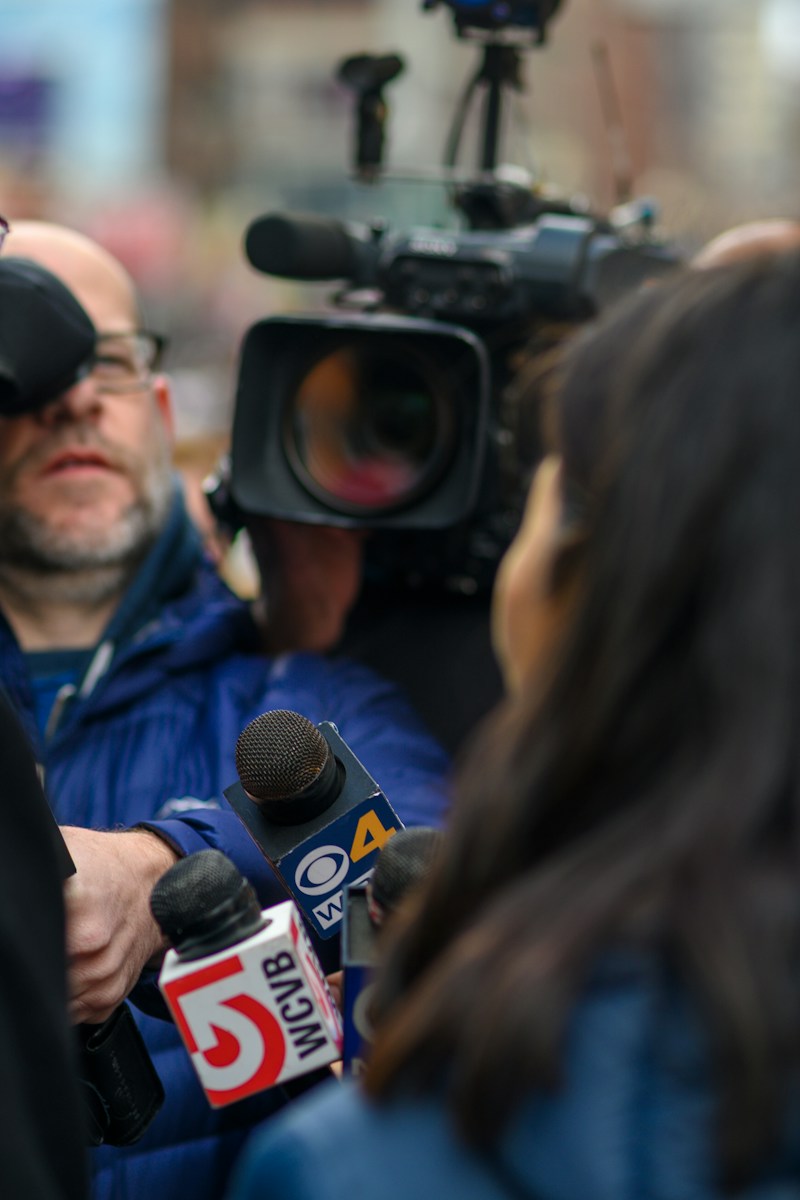For those striving to shed extra pounds, the promise of quick results can be enticing.
Enters…weight loss jabs.
Wednesday 2nd January 2019 saw the UK launch of Ozempic (semaglutide), a new drug for Type 2 diabetes and obesity but oh how naive we were on that cold dark winter day to not realise just how big an impact it would have on the way we live.
Marketed as a potential solution to the UK’s obesity crisis, their rise to prominence has sparked both enthusiasm and controversy.
Some are in favour of this miraculous pound-dropper of a jab, some are against it and some believe it’s a double-edged sword but either way more than a quarter of adults in England are living with obesity and nearly two-thirds of those aged 18 or over are overweight at least.
Online marketplaces and social media platforms are rife with offers of “skinny jabs,” advertised as proven weight-loss solutions. However, mounting evidence shows that these fake fat-loss injections could be costing more than just money; they could cost your health, or worse, your life.
The Rise of “Skinny Jabs“
Skinny jabs, typically injections containing semaglutide or liraglutide, are prescription medications used to manage diabetes or aid weight loss under strict medical supervision. Their off-label use for rapid weight loss has skyrocketed in popularity, largely fuelled by social media. With testimonials and “before and after” photos flooding platforms like TikTok and Facebook, sellers are exploiting demand by distributing counterfeit or dangerously unregulated products.
The Risks Lurking Beneath
Fake weight-loss pens are not only ineffective but potentially fatal. Recent investigations have unearthed alarmingly unsafe practices in the illicit weight-loss drugs market:
1. Unknown Contents
Tests on fake weight-loss jabs seized in the UK revealed they often contain substances such as insulin or carnitine instead of semaglutide. This mislabelling has led to severe side effects, including hypoglycaemic shock, vomiting, and even hospitalisations.
2. Unhygienic Manufacturing
Many counterfeit products are developed in unregulated environments, compromising sterility. Contaminated injections carry the risk of bacterial infections, sepsis, and other life-threatening conditions.
3. No Guidance or Safety Protocols
Reports show these jabs often arrive without any packaging, instructions, or medical guidance, leaving users oblivious to the risks they may be taking.
Real Lives, Real Consequences
The human toll of counterfeit weight-loss jabs is harrowing. Regulatory agencies like the UK’s MHRA have documented cases of individuals falling into comas or experiencing severe allergic reactions as a result of fake products. Criminal groups exploit desperate consumers, preying on those who may already be struggling with body image and health challenges.
The issue is compounded by a global shortage of legitimate semaglutide products like Ozempic, which further drives demand towards black-market alternatives. According to pharmacists, the lure of affordability and ease often blinds buyers to the significant risks.
Staying Safe
If you’re considering weight-loss injectables, here’s what you should know to protect your health:
- Consult a Medical Professional
Always discuss your weight-loss goals with a GP or a licensed healthcare provider who can prescribe safe and regulated medicines.
- Verify the Source
Ensure any pharmacy or provider is registered with the General Pharmaceutical Council (GPhC) or equivalent authorities. A quick check can save you from a potentially dangerous purchase.
- Be Alert to Red Flags
Unbelievably cheap prices, unsolicited social media ads, and a lack of prescription requirements are indicators of counterfeit products.
- Report Suspicious Sellers
Platforms where counterfeit jabs are found, such as Facebook or Telegram, rely on user reports to shut down illegal operations. Reporting can help safeguard others.
A Bigger Picture
The rise of these fake jabs underscores the broader issue of how we tackle obesity and weight management. Health professionals, organisations, and governments stress the importance of sustainable, evidence-based programmes over quick fixes. Addressing the obesity crisis isn’t just about individual efforts but about creating a supportive environment—from workplaces to food manufacturers and national health systems.
The Final Word
Fake weight-loss jabs aren’t just an ineffective shortcut; they are a public health risk. If you’re looking to improve your health and achieve weight-loss goals, avoid the gamble of unlicensed products and instead seek guidance from qualified professionals. Remember, no trend or fad is worth endangering your well-being.
For those who have encountered fake weight-loss pens, ensure to report them via the MHRA’s Yellow Card scheme to help combat this growing issue. Protect your health, and think twice before trusting unverified solutions that could jeopardise it.
Do you have a story? Email holly@harleystreetcommunications.co.uk













